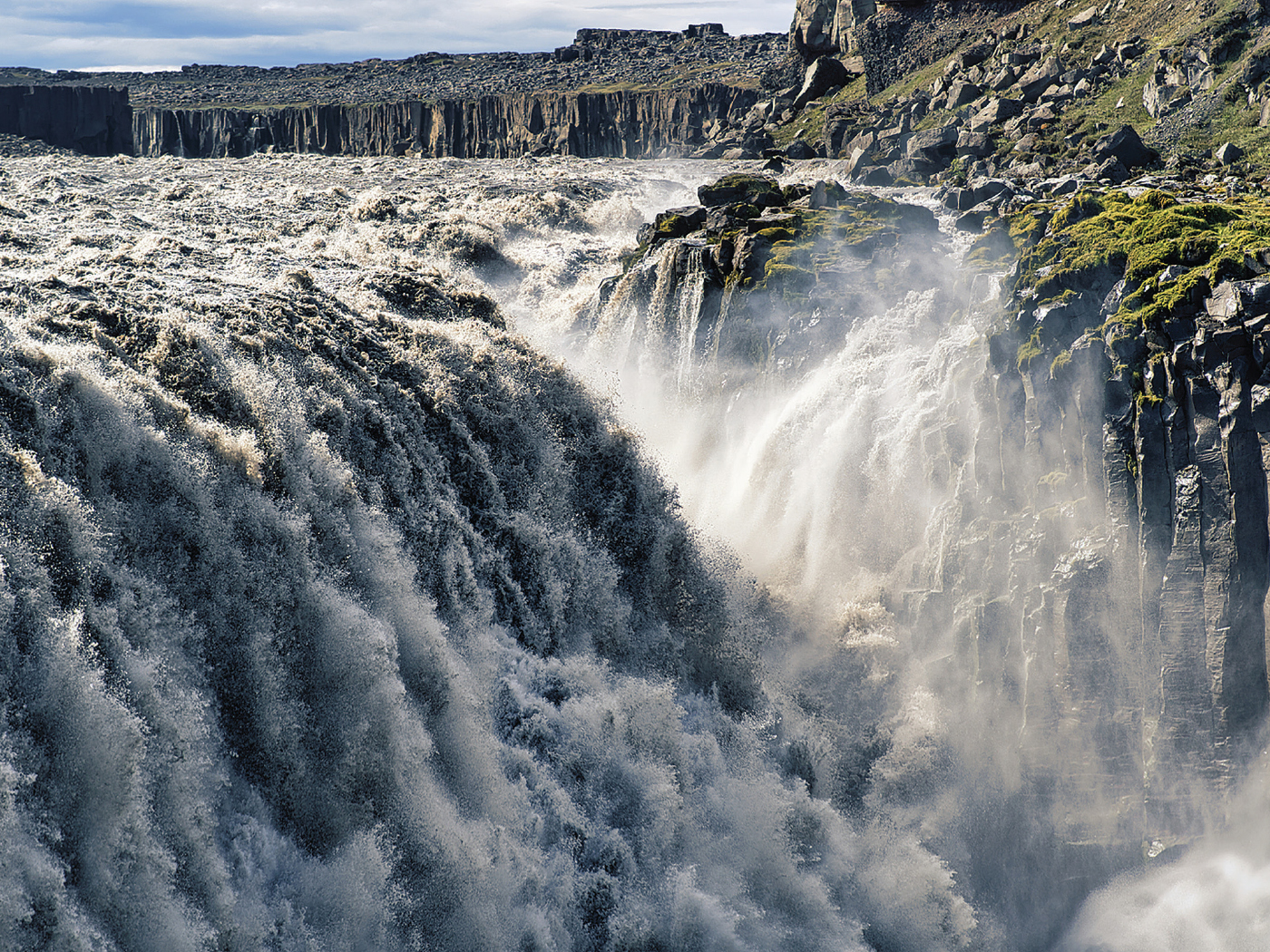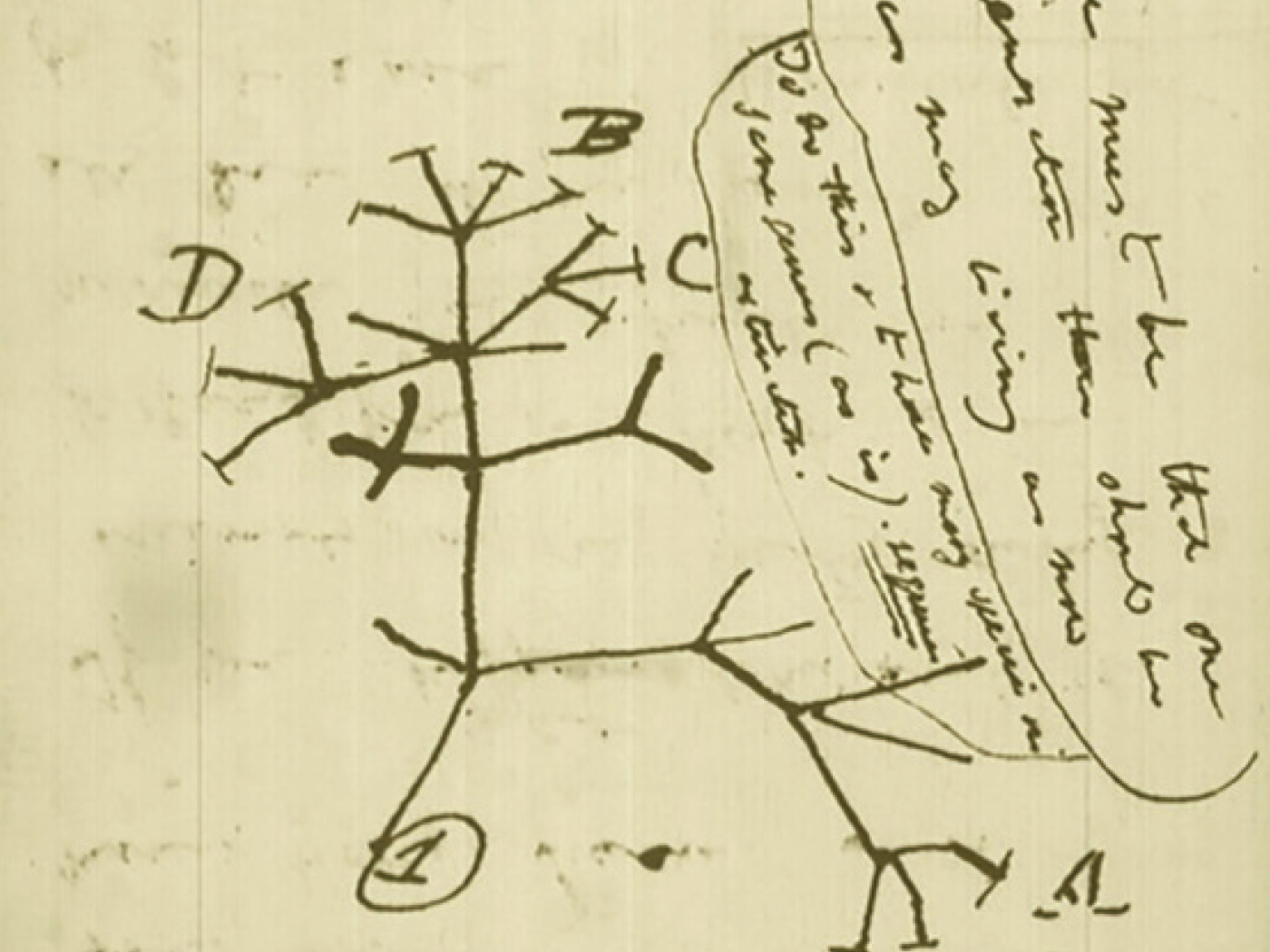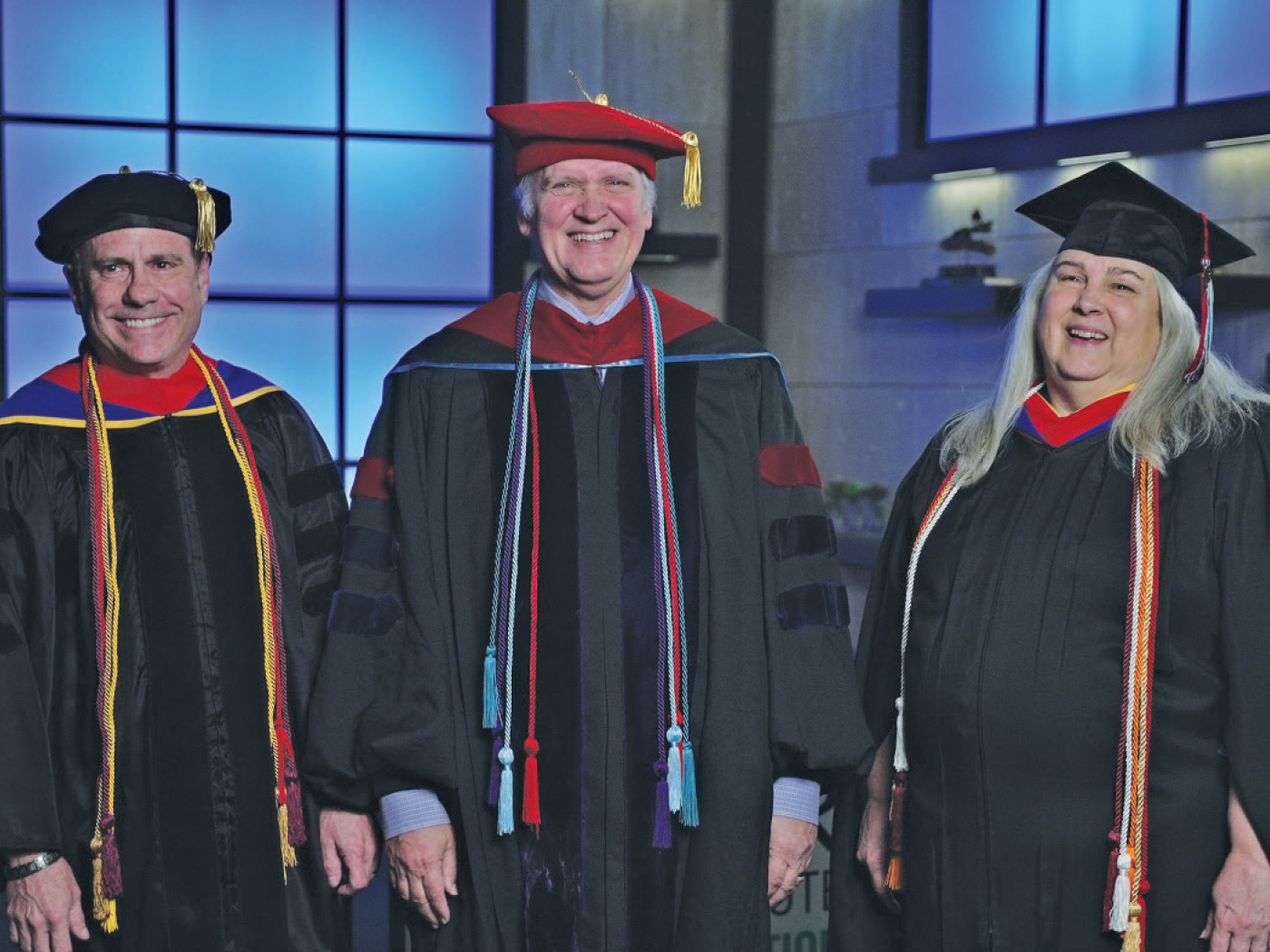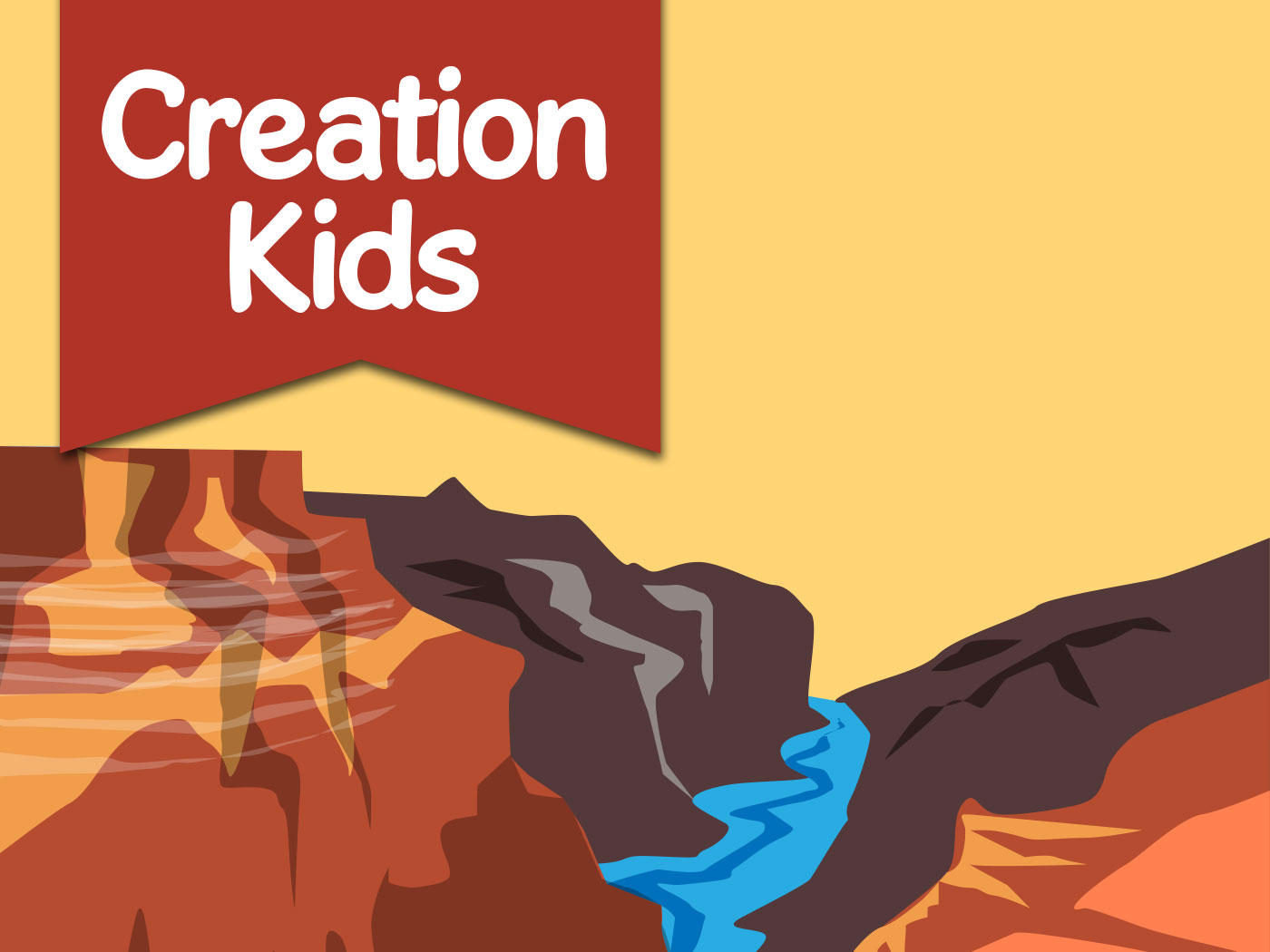By the breath of God ice is given, and the broad waters are frozen. (Job 37:10)
Institute for Creation Research scientists have repeatedly analyzed the Ice Age, showing how a solitary post-Flood ice age was both relatively brief and recent.1 A scientific model based on the biblical account fits the geological facts much better than explanations offered by old-earth evolutionists.1,2
However, beyond chronological data for a young earth,3 does the Bible provide evidence that corroborates the idea of a recent ice age? Yes. Although ignored by most readers, the vocabulary of the book of Job actually corroborates the scenario of a recent ice age caused by the global climate conditions that likely followed the worldwide Flood. ICR’s founder Dr. Henry Morris wrote, “There are more references to cold, snow, ice, and frost in Job than in any other book of the Bible.”4 How can a book’s vocabulary be forensic evidence of global climate conditions?
To answer this question, consider how the word “snow” is generally more important to Alaskans than to Jamaicans. Imagine personal correspondence, such as emails or text messages, between Jamaicans compared to those of Alaskans. Who will repeatedly mention snow, ice, or blizzards? Unlike Jamaicans, Alaskans routinely use those words. Similarly, some Alaskans may on occasion refer to jerk chicken or reggae music, but Jamaicans will do so more often. Even in formal courtroom contexts the comparative frequency of word usage can provide objective evidence of communication habits concerning common life experiences.5
In essence, forensic evidence rules recognize that repetitive conduct, applicable to routine practice and “habit” behaviors, can help prove facts about no-longer-observable events of the past.5 How often a word is used can show the importance of that word or topic because it reveals what a particular communicator is frequently thinking about.6 Before a message can be sent, it must be composed. Communication begins with a creative selection process. Starting from a blank slate, a communicator must consider what is important enough to speak or write about. Composing messages requires purposeful selections from available options.
This decision-making process includes collecting and interpreting relevant information, then making value judgments about what should be said, followed by selecting and expressing words to purposefully carry the message to intended recipients.
Consider the snow-and-ice vocabulary used in the lively dialogues of Job’s book:
Which are dark because of the ice,
And into which the snow vanishes. (Job 6:16)
For He says to the snow, “Fall on the earth”;
Likewise to the gentle rain and the heavy rain of His strength. (Job 37:6)
From the chamber of the south comes the whirlwind,
And cold from the scattering winds of the north.
By the breath of God ice is given,
And the broad waters are frozen. (Job 37:9-10)
Have you entered the treasury of snow,
Or have you seen the treasury of hail? (Job 38:22)
From whose womb comes the ice?
And the frost of heaven, who gives it birth?
The waters harden like stone,
And the surface of the deep is frozen. (Job 38:29-30)
Cold comes from the north. God’s breath gives frost, there are treasuries of snow and hail, and ice is delivered like childbirth! Does Job’s icy vocabulary sound like Jamaicans talking or Alaskans? Job’s book, which records events that occurred a few generations after the global Flood, uses language that fits the life experiences of people living during the post-Flood Ice Age.
References
- For articles offering scientific analyses of the Ice Age, see www.icr.org/ice-age.
- Hebert, J. 2014. The Ice Age and the Flood: Does Science Really Show Millions of Years? Dallas, TX: Institute for Creation Research.
- Johnson, J. J. S. 2014. How Young Is the Earth? Applying Simple Math to Data Provided in Genesis. Acts & Facts. 37(10): 4-5.
- Morris, H. M. 1988. The Remarkable Record of Job. Grand Rapids, MI: Baker Book House, 30.
- Rule 406, Federal Rules of Evidence. See also Dallas I.S.D. v. Brisco, TEA Docket #127-LH-601 (CIHE decision, 8-6-AD2001), page 1 of 33, ¶ 2 & Footnote #1.
- See Matthew 12:34b and 15:18.
* Dr. Johnson is Associate Professor of Apologetics and Chief Academic Officer at the Institute for Creation Research.






























